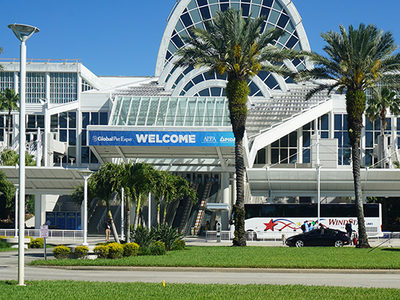WASHINGTON — Japan’s Upper House approved a trade deal with the United States on Dec. 4. The agreement opens markets and will support expansion of US food and agricultural exports, increase farm income, generate more rural economic activity, and promote job growth.
The deal, previously announced in September, includes Japan eliminating or reducing tariffs on US food and agricultural products.
Japan is the second largest export market for the US pet food and treat industry, according to the US Department of Agriculture (USDA). The top export markets for the US pet food and treat industry are Canada ($640 million), Japan ($95 million), Mexico ($85 million) and Australia ($84 million).
Together, Japan, Canada and Mexico account for almost 60% of pet food exports. Tabor provided a snapshot of US pet food exports to emphasize the importance of international trade in this sector.
According to the Office of the US Trade Representative (USTR), Japan is the United States’ fourth‐largest agricultural export market. During a trade update at the 2019 Feed and Pet Food Conference, hosted by PFI and the National Grain and Feed Association (NGFA), Chief Agricultural Negotiator Gregg Doud with the USTR told pet food and feed industry professionals that a trade deal with Japan was being finalized and would benefit the agricultural sector.
Ryan LeGrand, president and chief executive officer of the US Grains Council, commented the deal would solidify trade with the United States' second-largest corn market, reduce US corn and sorghum imports "to a zero-tariff level," reduce US barley mark-up, as well as lower tariffs on US ethanol, corn, barley and sorghum flour. LeGrand also pointed out that US feed and food corn will "continue to receive duty-free market access" under the new US-Japan trade deal.
According to the USDA, out of the $14.1 billion in US food and agricultural products imported by Japan in 2018, $5.2 billion were already duty free. Under this first-stage initial tariff agreement, Japan will eliminate or reduce tariffs on an additional $7.2 billion of US food and agricultural products.
“In negotiating and approving this agreement, our countries have built on a long-standing relationship of mutual trust and embodied that sentiment for the foreseeable future. We look forward to continued work with our Japanese partners on a more comprehensive trade package that will address important non-tariff barriers and what we hope is continued improvement in the ethanol sector," LeGrand added.
In November, more than 30 US food and agriculture groups submitted a letter to the US House of Representatives Ways and Means Committee urging support for the swift implementation of a Phase One US-Japan Trade Agreement that was negotiated earlier this year.
Many US agriculture associations support this new deal as it levels the playing field with other countries that are a part of the Comprehensive and Progressive Trans-Pacific Partnership.
Stay up to date on news about the pet food processing industry on our News page.



